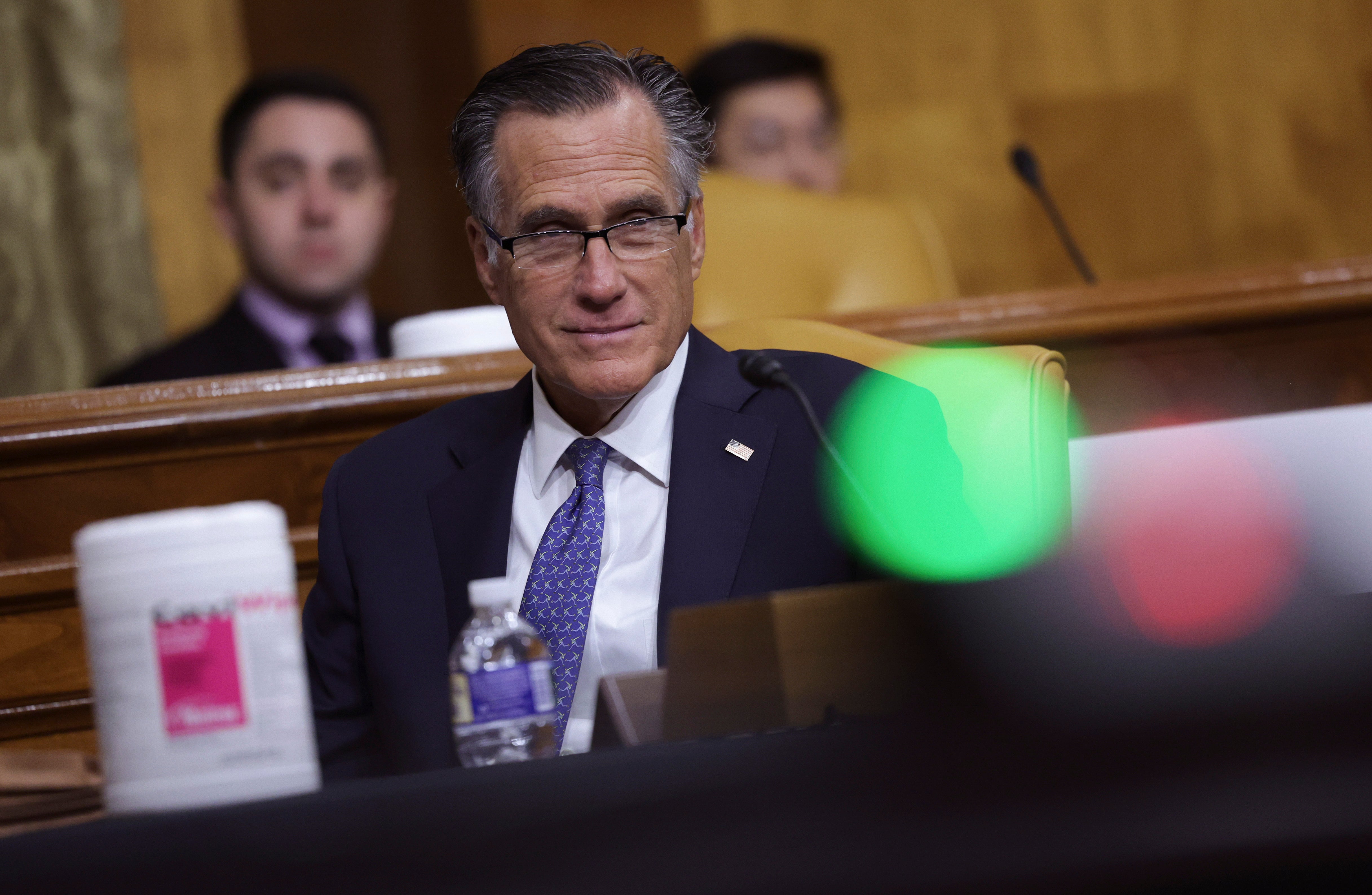What happens if the Senate’s Covid-19 relief bill fails? Here’s what is at stake
The Senate has reached an impasse on Covid-19 funding
The US Senate has reached an impasse on Covid-19 funding, with Democrats and Republicans blaming each other.
Republicans for their part blamed the failures on the fact that the Biden administration planned to roll back a Trump administration-era order that blocked asylum seekers from entering the United States during the Covid-19 pandemic.
Senate Minority Leader Mitch McConnell said there would likely need to be an amendment to address the policy. But Senate Majority Leader Chuck Schumer faulted Republican senators for the block in floor statements.
“Vaccines, therapeutics, and testing were negotiated in good faith, and they should not – they should not – be held hostage to extraneous, unrelated issues,” he said. “This is too important for the health of the American people. But that seems precisely what some Republicans what to do.”
Here are some of the programs at stake:
Purchase of therapeutics
According to a one-page breakdown of the legislation from Republican Senator Mitt Romney’s office, $5bn of the total $10bn package is dedicated “to research, develop, manufacture, produce, purchase, and administer therapeutics”. The Biden administration had previously requested $22.5bn, more than twice the current amount, and warned that without additional funding, it would be impossible to purchase treatments such as monoclonal antibody treatments and that it would run out of supplies to send to states as early as May.

“The federal government cannot purchase sufficient quantities of treatments for immunocompromised individuals,” the White House said in a statement last month. “And, the federal government will be unable to sustain the testing capacity we built over the last 14 months, as we head into the second half of the year.”
Vaccinations and boosters
The White House has previously warned that it would not have enough money to pay for vaccines, including fourth booster shots as new variants emerge.
“If Congress fails to act, we won’t have the supply we need this fall to ensure the shots are available free, easily accessible for all Americans. Even worse, if we need a different vaccine for the future, to combat a new variant, we’re not going to have enough money to purchase it,” President Joe Biden said last week when he called on Congress to act and received his fourth shot.
The agreement on Covid-19 relief would specifically set aside no “less than $750m for research and clinical trials for emerging coronavirus variants and to support the sustainment and expansion of vaccine manufacturing capacity.” The legislation would also require the Department of Health and Human Services to report the current number of vaccines, as well as diagnostics and therapeutics to the Senate Appropriations Committee and would also require an update to “distribution of vaccines, therapeutics, and diagnostics by state or other jurisdiction”.
Testing
Mr Biden has warned that without additional money, the White House would not be able to continue programs for testing for Covid-19 past June.
“This isn’t partisan, it’s medicine,” the president said. “If we fail to invest, we leave ourselves vulnerable if another wave of the virus hits.” Last month, it warned that if money ran out by 22 March, the federal government’s program for uninsured Americans would not accept new claims for testing and treatment.
Last month, Quest Diagnostics, one of the largest testing companies in the United States, told ABC News that patients who who do not have a private health insurance plan or who are not covered by Medicare or Medicaid will have to pay $125 to use one of its PCR tests. According to a report from the US Census Bureau in September, about 28 million Americans do not have health insurance, or about 8.6 per cent of the population.
White House Press Secretary Jen Psaki faulted Republicans for the lack of action.
“The program that reimbursed doctors, pharmacists and other providers for vaccinating the uninsured had to end today due to a lack of funds,” she said in a statement on Tuesday. “America’s supply of monoclonal antibodies that are effective at keeping people out of the hospital will run out as soon as late May. Our test manufacturing capacity will begin ramping down at the end of June. Today’s Senate vote is a step backward for our ability to respond to this virus. We will continue to work with the House and Senate to move this vital legislation forward.”
Join our commenting forum
Join thought-provoking conversations, follow other Independent readers and see their replies
Comments
Bookmark popover
Removed from bookmarks